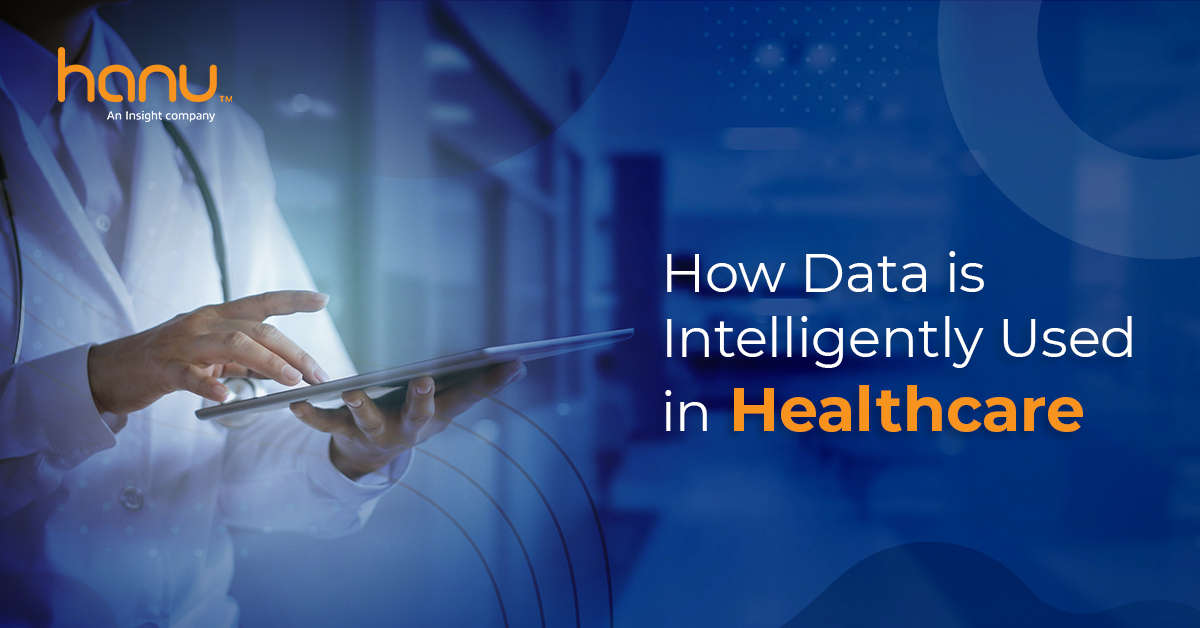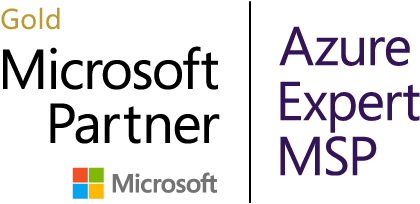
Healthcare has seen an urgent need to manage diverse data sets. Increased competition, growing regulatory complexity, and innovations ranging from IoT to patient appointment management has fueled the importance of meaningful healthcare analytics.
Healthcare data analytics offer hospitals and healthcare management a combination of financial and administrative data coupled with knowledge that can enhance patient care efforts, improved services, and current practices.
This is accomplished through tools such as Microsoft Azure, which allows Healthcare providers to make more accurate predictions. The Microsoft Azure ecosystem offers several of the most powerful tools hospitals can use to leverage the power of predictive analytics.
BENEFITS OF DATA ANALYTICS IN HEALTHCARE
Cost Reduction
Various clinics, hospitals, and medical institutions often see high levels of financial waste mainly because of the over-utilization of resources and finances. What causes a loss in-house budget is usually the underbooking or overbooking of staff, Patient missed appointments, overstocking of medical products etc.
Data analytics enables hospitals and other healthcare facilities to save huge sums of their money by forecasting the demand for medical supplies accurately, possible patient no shows and rescheduling them.
Advance Patients Care and Treatment
Predictive analytics models can find common risk factors among specific demographics. Emergency room visits and hospital readmission rates can be reduced by early interventions based on predictions of the likelihood of disease and chronic illness.
Strategic Planning
Big data analytics can help in preparing specific strategic plans because of the models ability to predict specific patient motivations. Various healthcare managers can analyze various results and stats from the patient data within different demographics and are to identify factors that might hinder people from choosing the proper treatment
Advanced Chronic Disease Prevention
Through threshold alerts and risk scoring, predictive tools like remote patient monitoring and machine learning can aid clinical judgment in hospitals.
AI can also notify a care manager when a patient is falling behind on their treatment plan and suggest individualized outreach.
Successfully integrating data-driven insights into clinical and operational workflows yields tremendous benefits for healthcare businesses. The collaboration between these institutions and data analytics is not without difficulties, though. These difficulties could involve issues with security, visualization, and a variety of data integrity issues.
Huge amounts of data is generated in the medical field, therein increasing rapidly every day and thus increasing the challenges faced by the data generated in the industry. The 3 Vs that characterize data generated in the healthcare industry, as follows:
- Volume: The healthcare industry generates massive volumes of data through endless sources ranging from electronic health records to sensor-embedded wearables.
- Variety: Every operation in healthcare and medicine involves different types of data such as health parameters, drug proportions, behavioral data, among others.
- Velocity: A lot of healthcare data, such as that from intensive care units and wearable devices, is constantly generated in real-time, leading to data generation at an unprecedented velocity.
Challenges Faced
Following are some of the top challenges organizations typically face when booting up a big data analytics program:
- Many organizations collect a lot of data via their applications using the traditional means of data collection. The healthcare personnel are not usually equipped to handle the huge potential of inconsistent, diverse data.
- For businesses, capturing data that is clean, full, accurate, and organized correctly for usage in many systems is a never-ending battle, and many of organizations aren’t coming out on top.
- Healthcare firms’ top priority is data security, especially in light of a rapid-fire series of high-profile data breaches, hackings, and ransomware incidents. Data security in Healthcare data is susceptible to a practically limitless number of threats, such as phishing scams, viruses, and unintentionally abandoned laptops in cabs.
- The current laws and regulations are inconsistent regarding the patient privacy rights hence need to be amended to make progress in the field. Furthermore, to develop uniform data entry techniques among healthcare professionals and clinics, infrastructure upgrades to electronic health records and digital technologies are required.
Conclusion
The healthcare industry is seeing a huge potential of big data implications. Smart machines and algorithms can help process large data that a human brain cannot possibly comprehend; as a result, big data helps with early diagnostics, treatments, and accurate forecasts
The road to revolutionizing the healthcare industry and the potential of big data depends upon understanding the challenges faced by the industry workers which include operational efficiencies and utilization, staff recruitment, and enhanced patient experiences.
Digital technology advancements have the potential to revolutionize the way healthcare is provided, but without internal analytical assistance, many of these advantages won’t be completely realized by organizations, that’s why an experienced analytical consultation is the need of the hour.
To discover how Azure Data Analytics can benefit your healthcare practice and patient outcomes, contact the experts at Hanu and schedule your free Azure Cloud assessment today!



